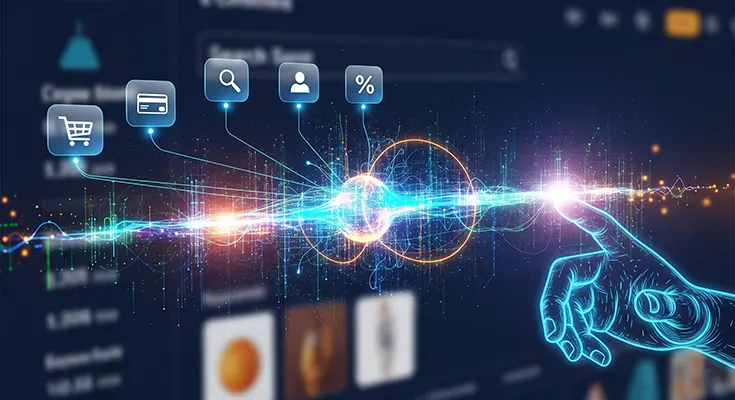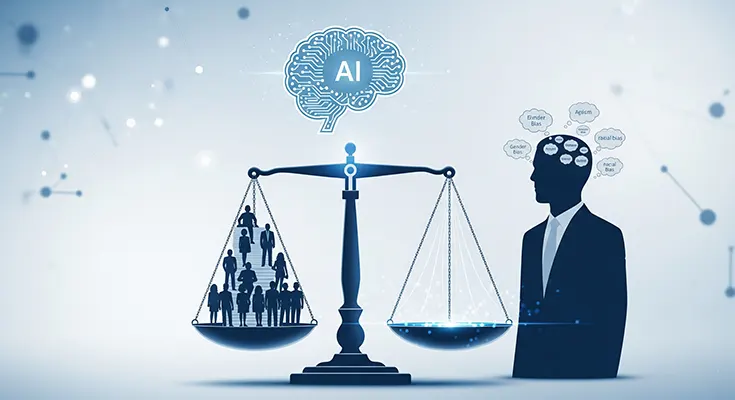
Unraveling Buyer Behavior: Using AI for Customer Behavior Analysis in E-commerce Stores
In a competitive e-commerce market, online computer stores in Indonesia face a major challenge: how to turn visit and click data into meaningful insights? Understanding what customers are looking for, why they buy, and what drives them away is key to increasing sales and building loyalty. However, with millions of data points generated daily, manually analyzing customer behavior is an impossible task.
This is where AI tools for analyzing customer buying behavior emerge as indispensable tools. AI can process and interpret data at scale, providing e-commerce stores with in-depth, actionable insights to drive business growth.
Difference Between Conventional Analytics and AI
Traditional customer behavior analytics, such as Google Analytics, provide basic metrics like number of visits, time on site, and most viewed pages. This provides a snapshot of what’s happening.
AI, on the other hand, uses machine learning to answer “why” and “how” questions in a more in-depth way. AI …
Unraveling Buyer Behavior: Using AI for Customer Behavior Analysis in E-commerce Stores Read More




